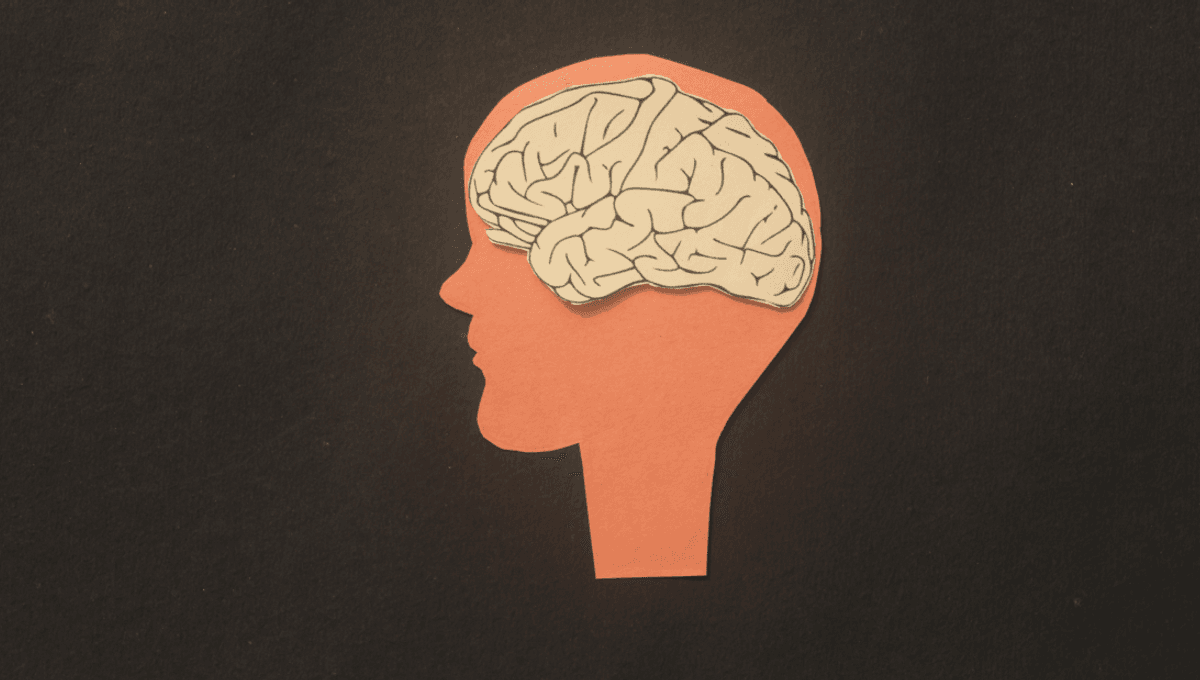
How do traumatic events affect our bodies? A new study set out to investigate by looking at three key areas: the autonomic nervous system, inflammatory immune system, and endocrine system. It found changes to these key biological systems that remain detectable even when the person reports good psychological wellbeing. It seems the body remembers trauma even after the mind has started to move on.
Previous research has shown that for survivors of terrorism and traumatic events in general, the body changes. This can be seen in numerous biological markers, including higher heart rates, autonomic reactivity, and higher afternoon salivary cortisol, among others.
A new study set out to investigate how trauma affects biological processes through conducting an unprecedented long-term and retrospective assessment of 60 survivors of the Oklahoma City bombing that took place in 1995. It assessed specific biomarkers, and looked at how they compared among the survivors to those of 23 control participants who had not experienced this severe trauma.
These markers included heart rate and blood pressure reactivity, morning cortisol levels, and the cytokines interleukin 1-β (IL-1β) and interleukin 2-R (IL-2R). These cytokines are connected to immune function, with IL-1β initiating inflammation when the body is sick or injured, while IL-2R activates T cells to fight infections and disease.
The results revealed that survivors had higher IL-1β compared to the control group, but lower IL-2R. They also exhibited lower morning cortisol levels, as well as a higher resting diastolic blood pressure.
The study also conducted interviews to assess mental health among all participants, findings that survivors’ scores for post-traumatic stress disorder (PTSD) and depression were generally low and not significantly different from the control group. They did, however, report worse general physical wellbeing, despite being medically healthy.
These results are interesting because it appears that the stress response of the body is not reflected in the self-reported emotional status of the survivors. For these people, the lasting effects of the traumatic event were more apparent in their physiology than their psychology.
“[A]fter you’ve experienced severe trauma, your biological systems may not be at a typical baseline any longer; things have changed,” said study co-author Dr Rachel Zettl, clinical assistant professor in the Department of Psychiatry and Behavioral Sciences at the University of Oklahoma College of Medicine, in a statement. “It’s not just our minds that remember trauma; our biological processes do, too. It changes your actual physical being.”
The study is the first of its kind to comprehensively examine long-term biological stress responses across three physiological systems in survivors of the same terrorist event. It also raises new considerations for the long-term health of survivors of extreme trauma, as elevated IL-1β is typically seen in people with illness and inflammation, but the participants enrolled in the study were medically healthy.
The study is published in the journal Prehospital And Disaster Medicine.
Source Link: The Body Remembers Trauma Even After The Mind Has Moved On, Study Finds